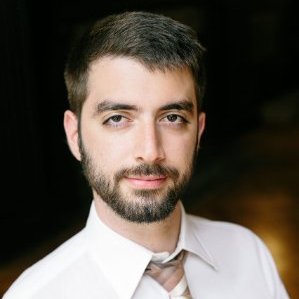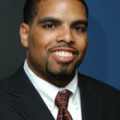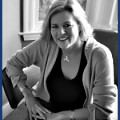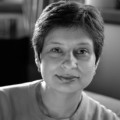Our latest Environmental Policy and Sustainability Management alumni spotlight is Benjamin J. Silverman, currently serving as a CivicSpark AmeriCorps Fellow in Oakland, California (more on that later).
 While at Milano, Ben dug deep into important university affairs, strategically using his position as the University Student Senate’s New School for Public Engagement representative and USS Co-Chair. Wanting to create a lasting difference, he launched The New School’s successful Fossil Fuel Divestment movement, first gaining support from his fellow students, before ultimately convincing the Board of Trustees. Ben says of the experience, “I really feel like this should be seen as a model example of what can be accomplished if EPSMers put themselves out there and get involved in their university.”
While at Milano, Ben dug deep into important university affairs, strategically using his position as the University Student Senate’s New School for Public Engagement representative and USS Co-Chair. Wanting to create a lasting difference, he launched The New School’s successful Fossil Fuel Divestment movement, first gaining support from his fellow students, before ultimately convincing the Board of Trustees. Ben says of the experience, “I really feel like this should be seen as a model example of what can be accomplished if EPSMers put themselves out there and get involved in their university.”
He would later go on to speak at his Milano School Commencement 2014 Ceremony.
Was your decision to choose the EPSM program related to the career you envisioned for yourself?
The decision came about as a way to relaunch my career by better differentiating myself in the post-recession job market.
What was the best thing about the EPSM program?
The EPSM program gave me a lot in terms of sharpening my skill set and focus of work while also broadening the interdisciplinary outlook required in the sustainability world.
It’s said at times within the program that we are training up sustainability practitioners who can be “expert generalists” and I am finding in my work that this is an important truth.
In this field where we are tackling arguably the most important issue of the day, a crisis that affects all facets of society, the ability to have a deeper understanding of those intersections between public and private institutions, government initiatives and economic dynamics, social issues and societal structure, is keenly critical.
Whether your focus is renewable energy, corporate sustainability, food policy, or like myself, municipal climate action, the need to have a working understanding of all those other fields and how to proactively interact with different people within those fields can’t be under stated.
What advice would you give new students?
Be self-directed and assertive. You get out of the EPSM program what you put into it. The program works best to facilitate your professional development within the environmental and sustainability field of your interest. Be a go getter and pursue your passion to its limits while using the program, the courses, your colleagues and faculty as massive resource to hone your abilities.
Furthermore, you are not just in the Milano School, surrounded by smart non-profit management, urban policy and international affairs students who are also a massive resource; you are at The New School! There are many opportunities to learn from widely differing programs and students at the University that you should draw upon.
Tell us about what you’re working on now! How did your experience at Milano prepare you for your work and projects like the “NYC Carbon Challenge Handbook for Universities and Hospitals?”
I am presently serving in the CivicSpark program as an AmeriCorps Fellow for the City of Oakland. CivicSpark is an exciting new program that partners emerging sustainability professionals with local governments, working on a wide variety of issues, all across California. I am working with the City of Oakland’s Environmental Services Division on a number of interesting projects related to their climate action plan implementation. For those EPSMers still looking for something post-graduation and who are open to moving across the country, I would give the CivicSpark program a look as it could be a great next-step opportunity in your career development.
Immediately prior to moving to Oakland, I was working for the New York City Mayor’s Office of Sustainability with their Buildings Team on a number of cutting edge building energy efficiency initiatives. One such initiative is the NYC Carbon Challenge, a voluntary greenhouse gas reduction program for the City’s leading hospitals, universities, commercial tenants, apartments and hotels. To help share knowledge between Carbon Challenge participates and encourage best practices, my colleagues and myself prepared a Handbook for Universities and Hospitals, my specific contribution being preparing the different case studies on university and hospitals.
I think the Handbook should be of great interest to any EPSMer as it covers a wide range of topics related to institutional sustainability that can be a useful resource in their studies and later careers.
———————————————–
You can follow Ben Silverman on Twitter and connect with him on LinkedIn.
If you’d like to get in touch with Ben, you can reach him at [email protected].




